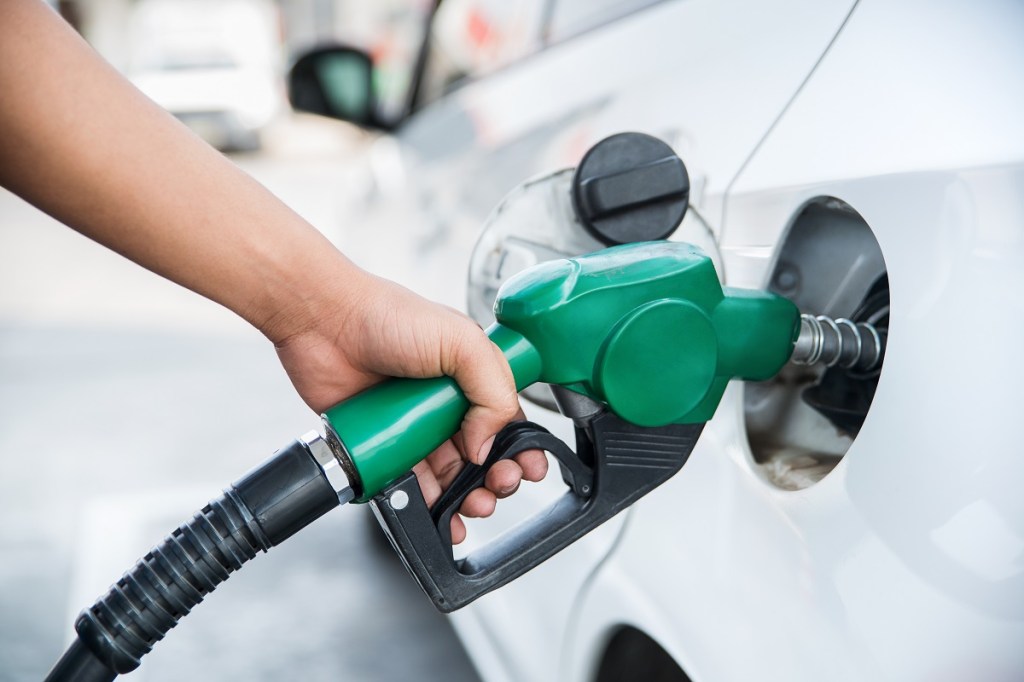New Zealand has reduced the government fuel excise by 25 cents for three months, with speculation Australia could follow suit.
New Zealand announced it will reduce fuel excise duties and road user charges by 25 cents and halve the price of public transport to help with cost pressures on middle- and low-income households.
Jacinta Ardern, New Zealand Prime Minister, said it is their job to put in place a plan to get the country through the global energy crisis.
“We cannot control the war in Ukraine nor the continued volatility of fuel prices, but we can take steps to reduce the impact on New Zealand families.”
Mark McKenzie, CEO of the Australasian Convenience and Petroleum Marketers Association (ACAPMA), told the ABC that the real issue is about addressing the global supply and demand imbalance and that what individual countries do with their taxes is largely irrelevant.
McKenzie said that cutting the fuel excise, which is currently 44.2 cents per litre, is something for the Australian Government to determine.
“I think there’s two points that I would say, the first is that last week the average wholesale price that service stations paid for their fuel went up by 19.5 cents per litre from Monday to Friday, so if we’re talking about a 22 cent a litre cut, you’re effectively going to absorb all of that in one week and then be exposed to vagaries of what happens from there.
“The second issue is that when you start to look at the impact here, we have a number of industries, particularly the farming industry, that get their diesel excise fully refunded through the diesel fuel tax credit.
“And from a trucking and transport perspective, they get around 19 cents a litre refunded, so the people who most need that benefit, if we think about the inflationary pressures, both the road transport and agricultural industry are probably the ones who will not see a benefit if we just cut fuel excise.”
The continued rising in prices has impacted consumer behaviour, with McKenzie saying that people are stepping down in their products.
“If you’ve been buying 98 Premium, you step down to 95, if you’ve been buying 95 you step down to regular unleaded and we’re already seeing that behaviour which is the first sign that it’s creating stress at the pump.”
McKenzie also noted that with prices going up so quickly, there are a lot of people going to service stations to fill up before the next price rise but emphasised that these are short term trends and that Australians will have to get used to dealing with real volatility and that will be a challenge over the next month or so.

